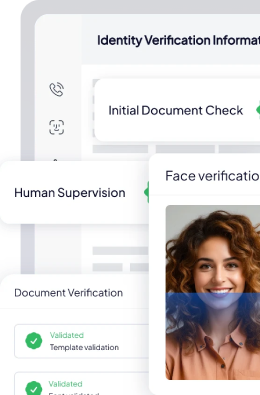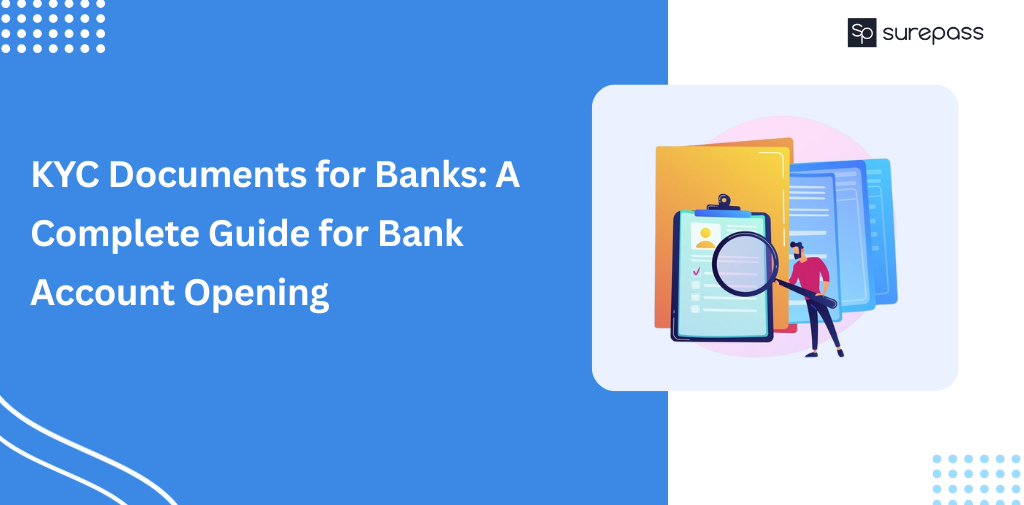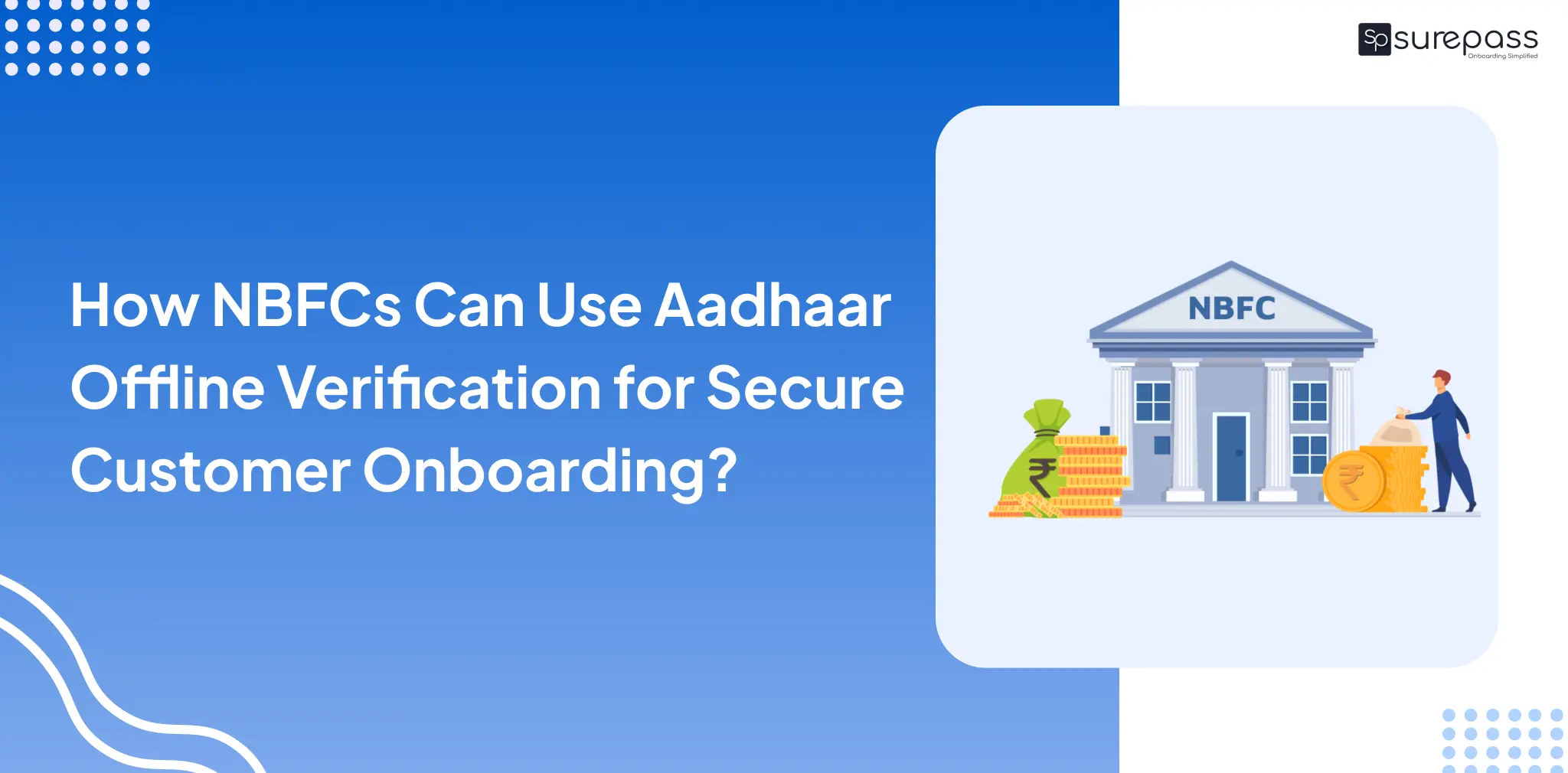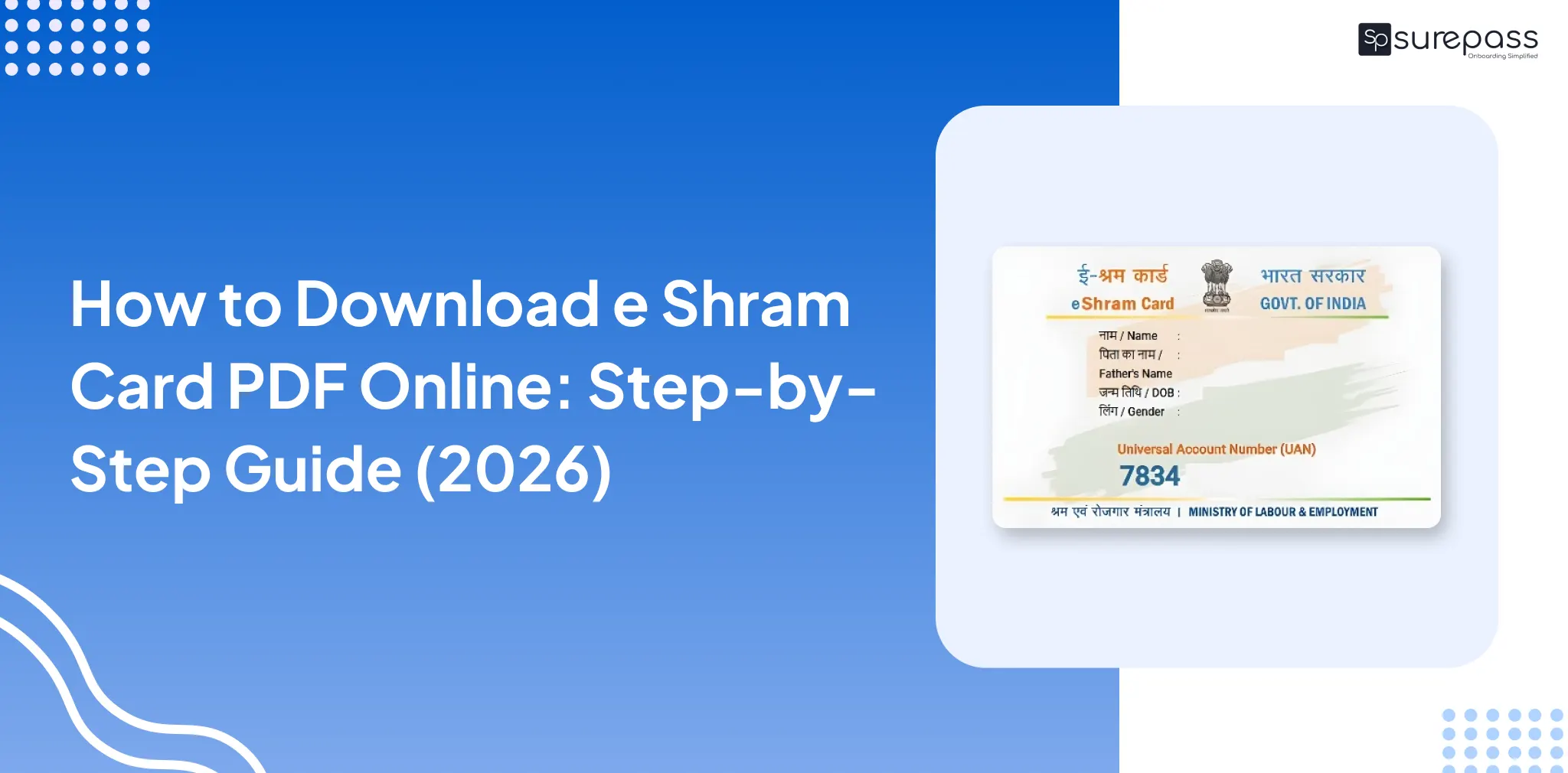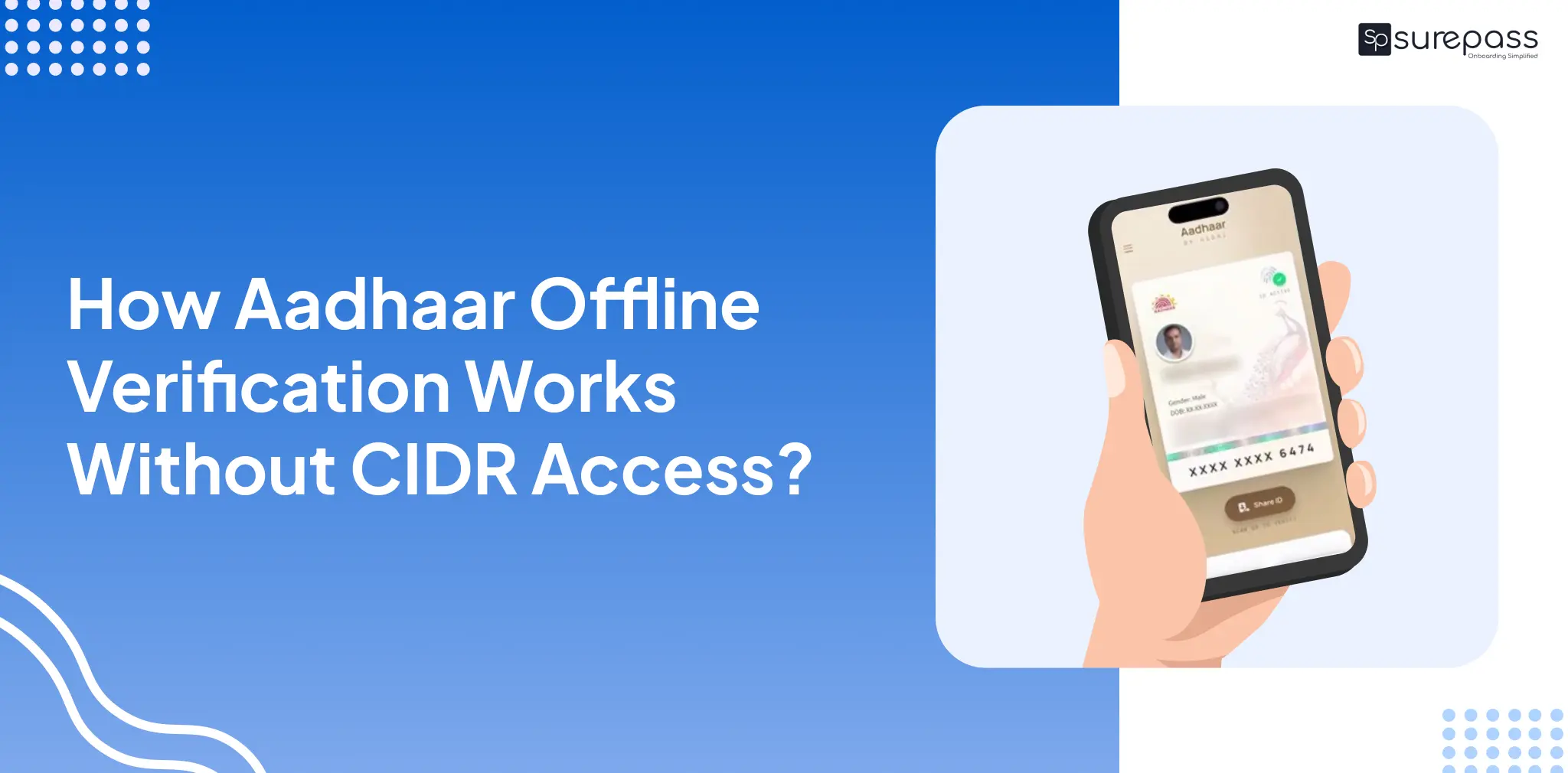A bank account opening is an easy process, but there are several steps. The process requires adherence to laws and regulations. One of the most important actions is to complete your (KYC) Know Your Customer verification procedure. If you are looking to open a savings or a current account, submitting these documents is a must. In this guide, you will learn about the KYC documents for banks.
What are KYC Documents for Banks?
The identity and address proofs are required for the KYC process. Document verification helps detect identity and document fraud. It also prevents fraud, corruption, money laundering, and terrorist financing. It is a mandatory process for financial institutions and other regulated entities.
Automate your KYC Process & reduce Fraud!
We have helped 200+ companies in reducing Fraud by 95%
What Documents are Required for Different Types of Accounts?
The following documents are required to set up various account types:
Saving Account
- Proof of Identity (POI): Aadhaar Card, PAN Card, Passport, Voter ID, Driving License.
- Proof of Address (POA): Utility Bill, Bank Statement, Aadhaar Card, Driving License.
- Passport-size Photographs
Current Account
- For Individuals: The same as the previous documents.
- For Business: Business Registration Certificate, PAN card of the company, proof of address, identity, and proof of address of Partners/Directors.
Fixed Deposit Account
- Current Customers: Updated KYC File.
- For new customers: POI and POA according to the bank norms (Aadhaar, PAN, Passport, and more).
- Photographs

Importance of KYC Documents for Banks
Here is why verifying the document is essential:
- Helps Verify Customer Identity: It helps ensure that the customer is genuine and not using someone’s identity.
- Prevents Financial Fraud: It reduces the chances of fraud, identity theft, and scams. It confirms that only legitimate users get access to services.
- Supports Risk Management: It identifies high-risk individuals or suspicious activities early. It prevents future financial losses.
- Ensures Regulatory Compliance: It meets the requirements set by the Reserve Bank of India and global financial regulators.
- Money Laundering and Terrorist Financing: It plays an important role in preventing money laundering and financing of unlawful activities.
- Avoids legal penalties: Non-compliance with KYC norms can lead to heavy fines, restrictions, or sanctions against the bank.
Common Mistakes to Avoid
People usually make the following mistakes during the KYC documentation process:
- Submitting Expired Documents: Check the validity of your ID proofs, like a passport or a driving license, before submission.
- Name Mismatch in Documents: Ensure your name matches across all documents. Differences in spelling or initials can cause rejections.
- Not Updating KYC Address Change: If you move to a new location, update your KYC immediately to avoid account restrictions.
- Incorrect PAN or Aadhaar Details: Entering wrong numbers or missing digits is a common error during online KYC.
- Using Old Utility Bills: Older bills are not accepted as address proof.
- Ignoring Re-KYC Requests: Banks request periodic KYC updates (2 to 3 years). Ignoring them can freeze your account.

Benefits of Completing KYC
The KYC procedure is essential for all bank account holders. Here are some benefits that the customer will receive when they complete KYC:
- Secured Enhanced: KYC confirms that your identity has been confirmed. Your account is protected against fraudulent transactions and unauthorised access. This reduces the chance of fraud, identity theft, as well as fraudulent transactions.
- Access to all banking services. Banking institutions need KYC to comply (RBI Guidelines) before providing any services like credit cards, loans, mutual fund investments, Demat accounts, as well as other financial products.
- Smooth Transactions: You’ll be able to conduct online transactions, transfer funds, UPI payments, as well as Investments without any delays or issues with verification. KYC compliance enables banks to process quickly.
- Quicker Loan Approvals and Credit Access: It enables banks to quickly approve credit applications as well as loan approvals.
- Protection Against Fraud and Money Laundering: KYC helps banks detect suspicious activity. It confirms that transactions are legitimate and safe.
Conclusion
The KYC procedure isn’t an official process. It’s an essential part for securing identity and financial transactions. When creating a Savings Account, Current Account, or Fixed Deposit, ensure that you submit the right and updated documents. The KYC documents required by banks include Aadhaar, PAN, and address proofs. Check the validity of documents before submitting. Remember to respond to the Re-KYC request from your banks.
FAQs
Q.1 What is KYC?
Ans: KYC stands for Know Your Customer. It is a process that every bank conducts for identity verification of customers.
Q.2 What are the reasons why KYC is crucial for banks?
Ans: KYC helps banks prevent fraud, money laundering, financial scams, and identity theft.
Q.3 What are the documents required for KYC?
Ans: The documents generally include:
- Proof of Identity (POI): Aadhaar Card, PAN Card, Passport, Voter ID, Driving License.
- Proof of Address (POA): Utility bill, Bank Statement, Aadhaar Card, Driving License.
- Passport Size Photographs
Q.4 When do I have to renew my KYC?
Ans: Banks may request Re-KYC periodically.
Q.5 What is the difference between KYC for individuals and businesses?
Ans: It helps verify a person’s identity and address, while KYC for business verifies the business’s legal existence, such as incorporation certificate, UBOs, etc.
